A decentralized application (DApp) is an application built on a decentralized network that combines a smart contract and a frontend user interface. A DApp has its backend code running on a decentralized peer-to-peer network, in contrast to an app where the backend code is running on centralized servers.
The main benefit of choosing a DApp over a traditional app is that the latter uses a centralized architecture by storing their data on servers controlled by a single entity. This means a single point of failure in the central data centre may take down the entire network of the traditional application, making it temporarily or permanently unusable. Also, centralized systems suffer from data leakage or theft quite often, putting the companies and individual users at risk.
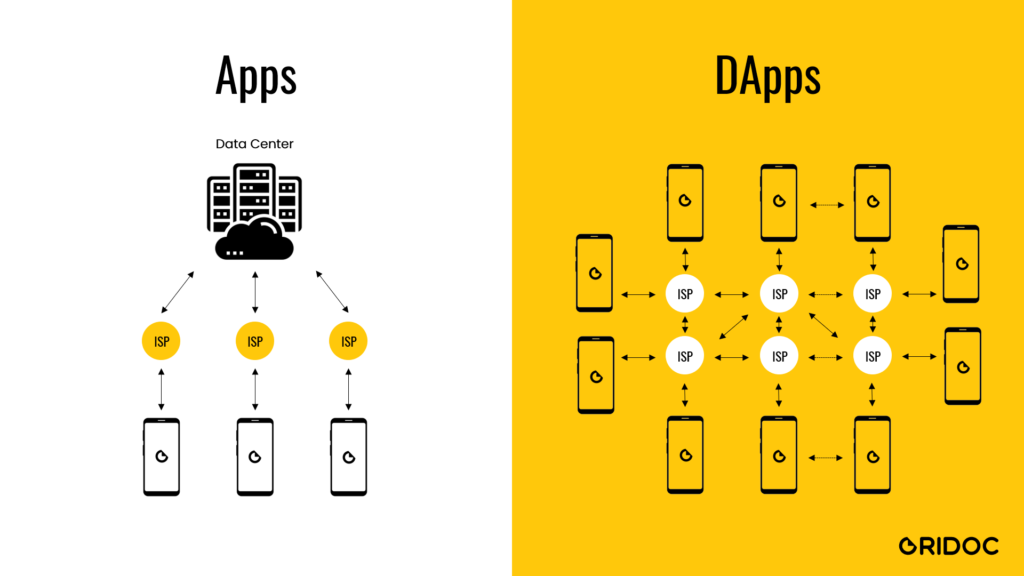
Such decentralized characteristics of the DApps makes it very popular for the programmers of applications. This is made possible through smart contract blockchains. Smart Contracts programs running on the blockchain can execute automatically when certain conditions are met. These smart contracts enable developers to build such sophisticated programs/ applications. These programs are what we now call decentralized apps or DApps.
The DApps or the Decentralized Apps have the following characteristics:
- Open Source: The source code is intentionally made available to the public, meaning that anyone can verify, use, copy, and modify the code.
- Decentralized: Since DApps run on blockchain networks, they are not controlled by a single entity or authority. Instead, they are maintained by multiple users (or nodes).
- Cryptographically secure: The application is protected by cryptography, meaning that all the data is recorded and maintained in a public blockchain. There is no single point of failure.
There is a great variety of DApps currently available. They may include gaming, social media platforms, cryptocurrency wallets, and financial applications (DeFi). Depending on the blockchain platform, DApps are also used by small and large businesses to track and trace goods as they move around the globe and enable cross-border financial transactions without the need of a middleman such as a central bank or clearinghouse.
Following are the list of top DApps at this moment in different categories such as Exchanges, Gaming, DeFi, Social and Others:
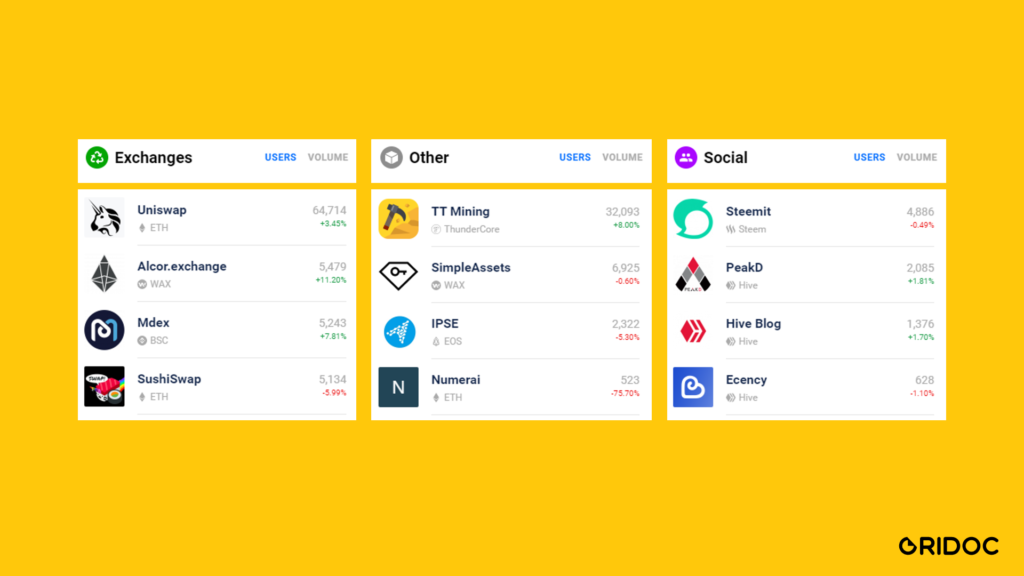
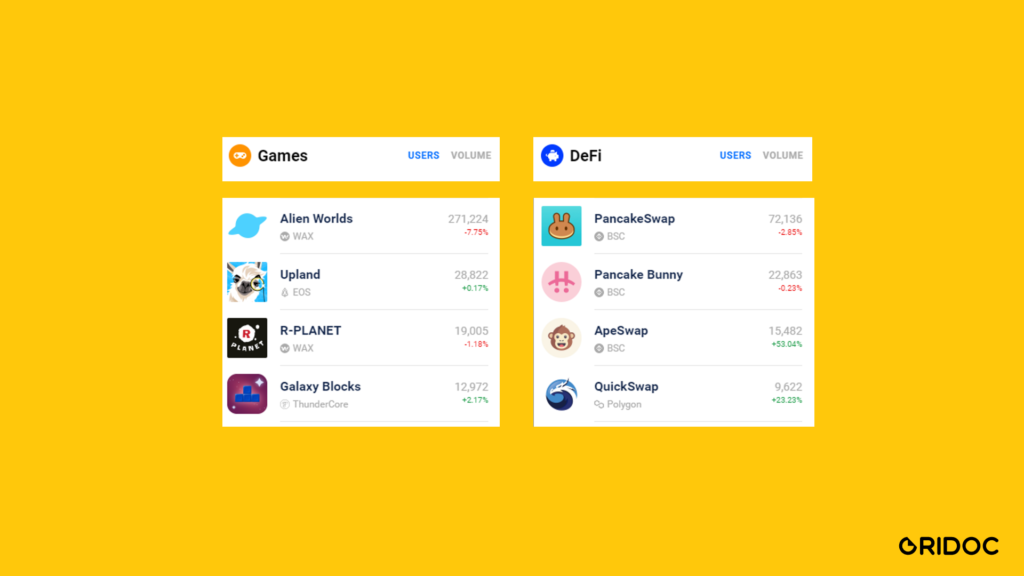
DApps are designed as open-source projects that run on top of a blockchain network. In turn, the distributed nature of these networks provides transparency, decentralization, and resistance to attacks.
At Oridoc, we are excited about the future of DApps in different industries and our personal lives. If you want to learn more about DApps, and want to explore how to use DApps for your business, just drop a line via our contact form and we will guide you through over a cup of coffee.
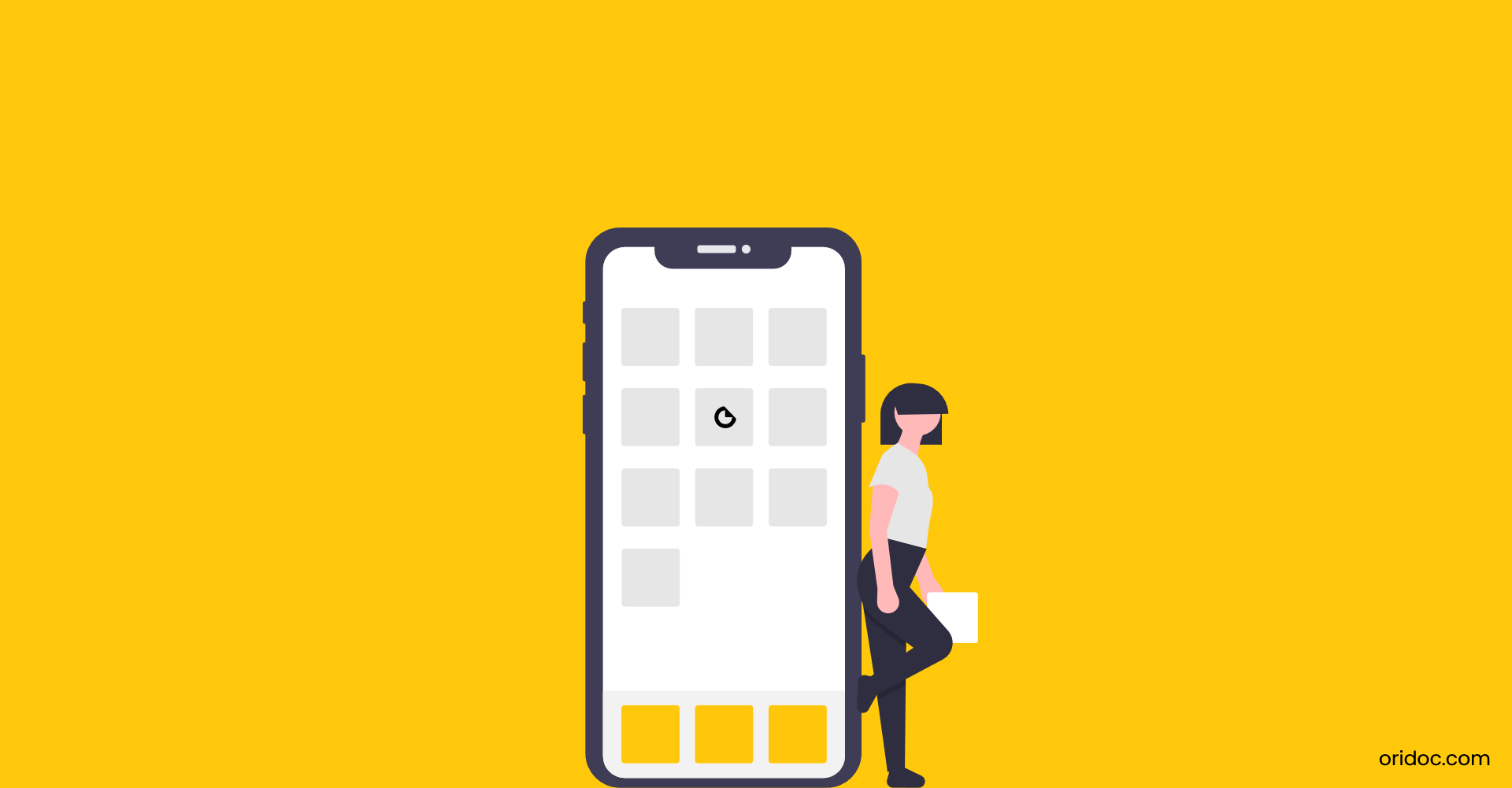
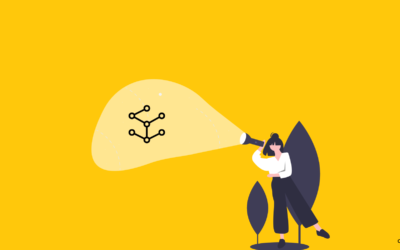
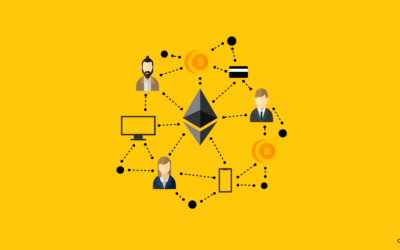


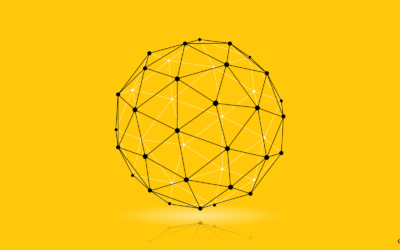


0 Comments